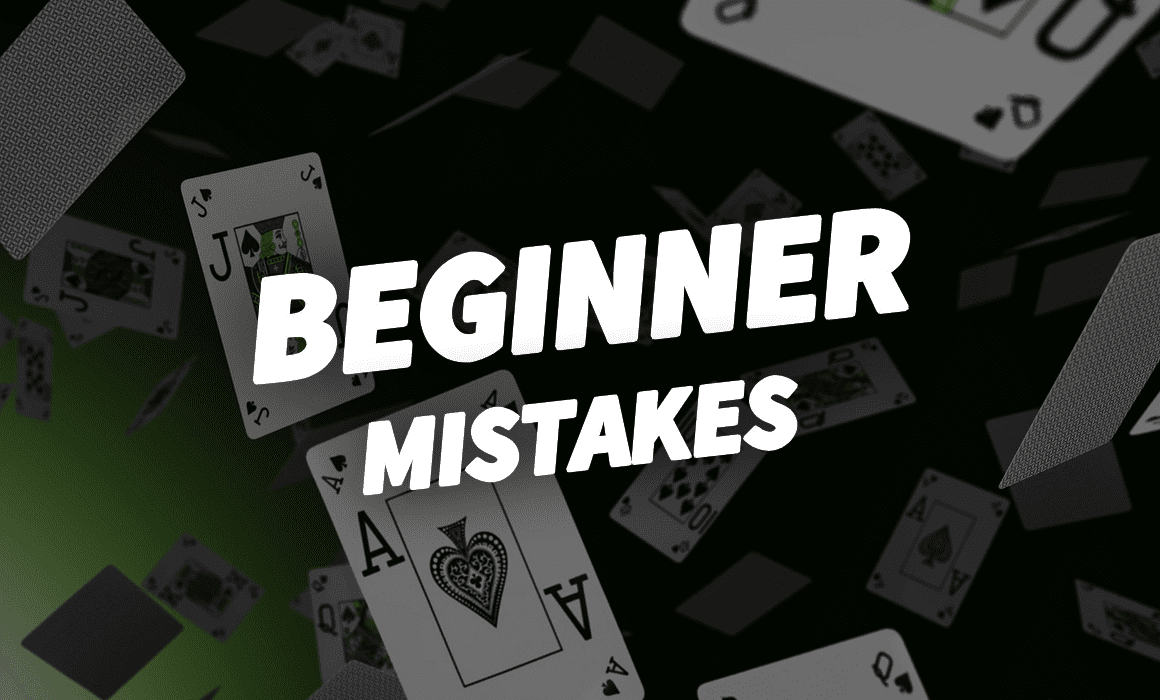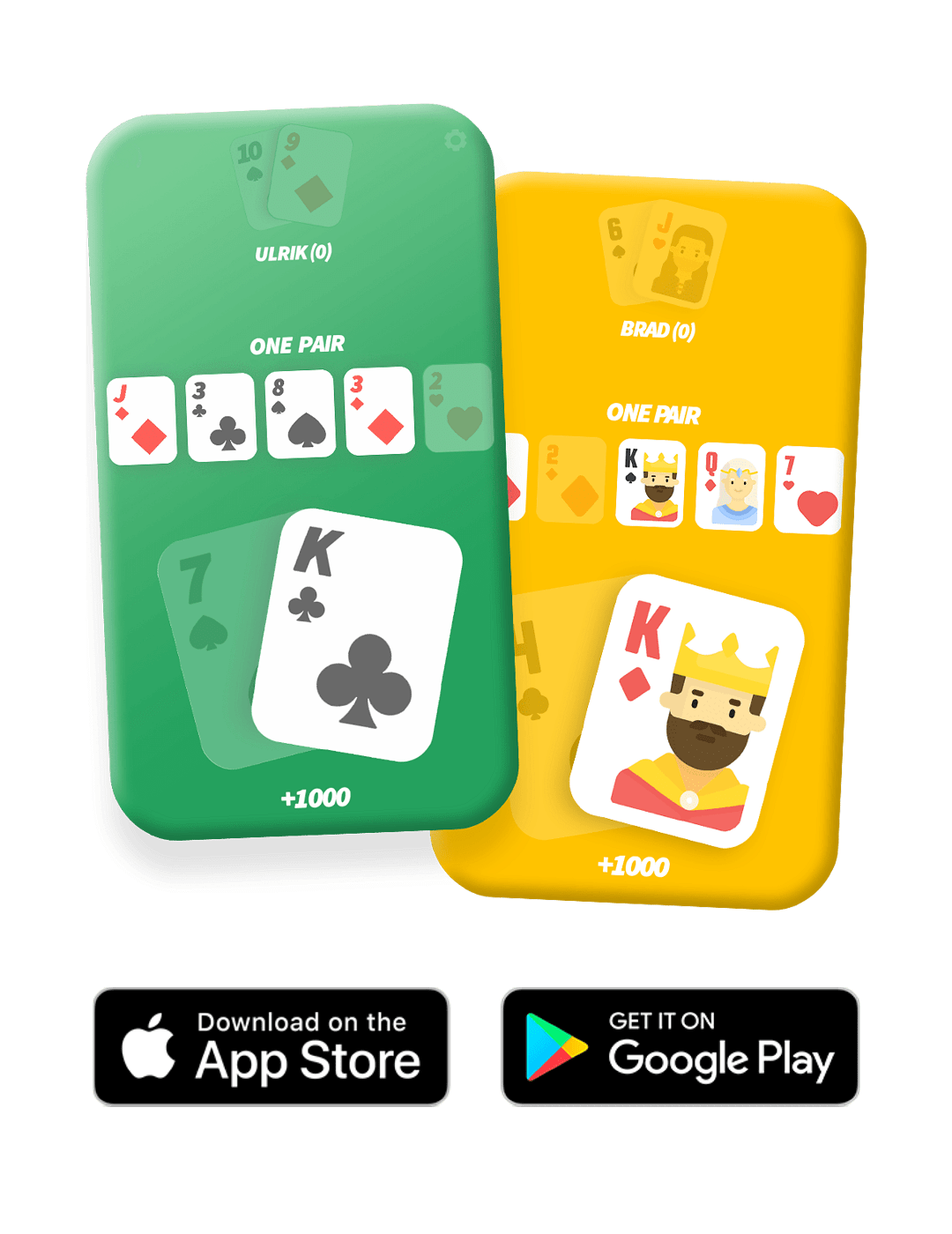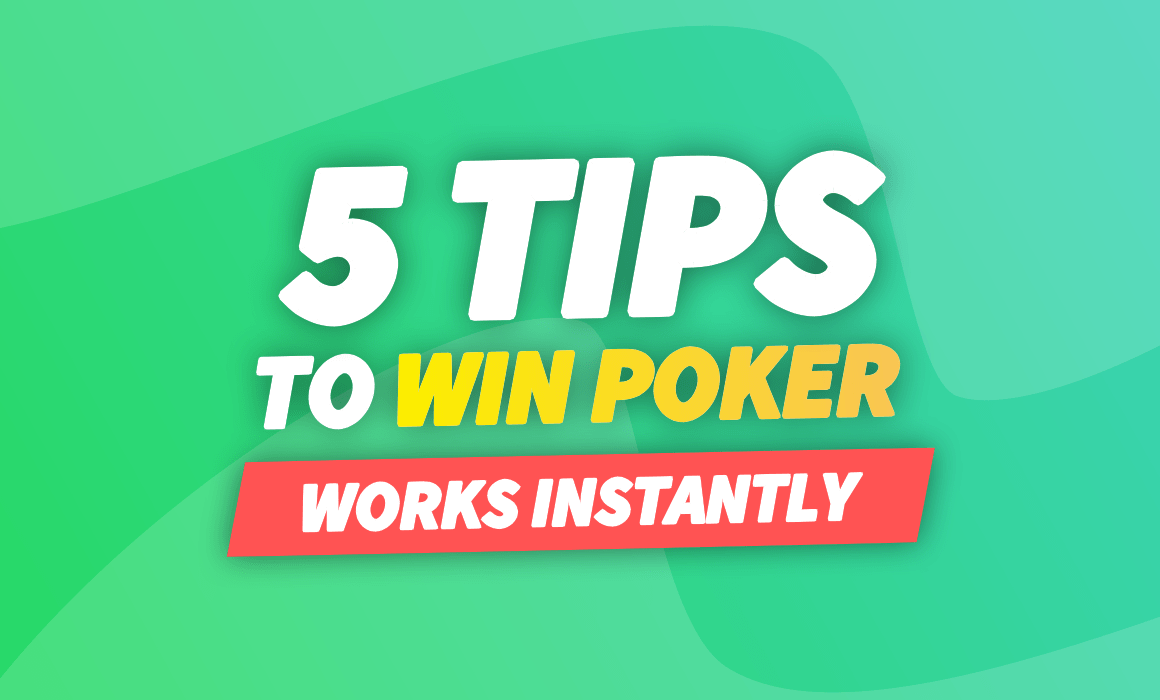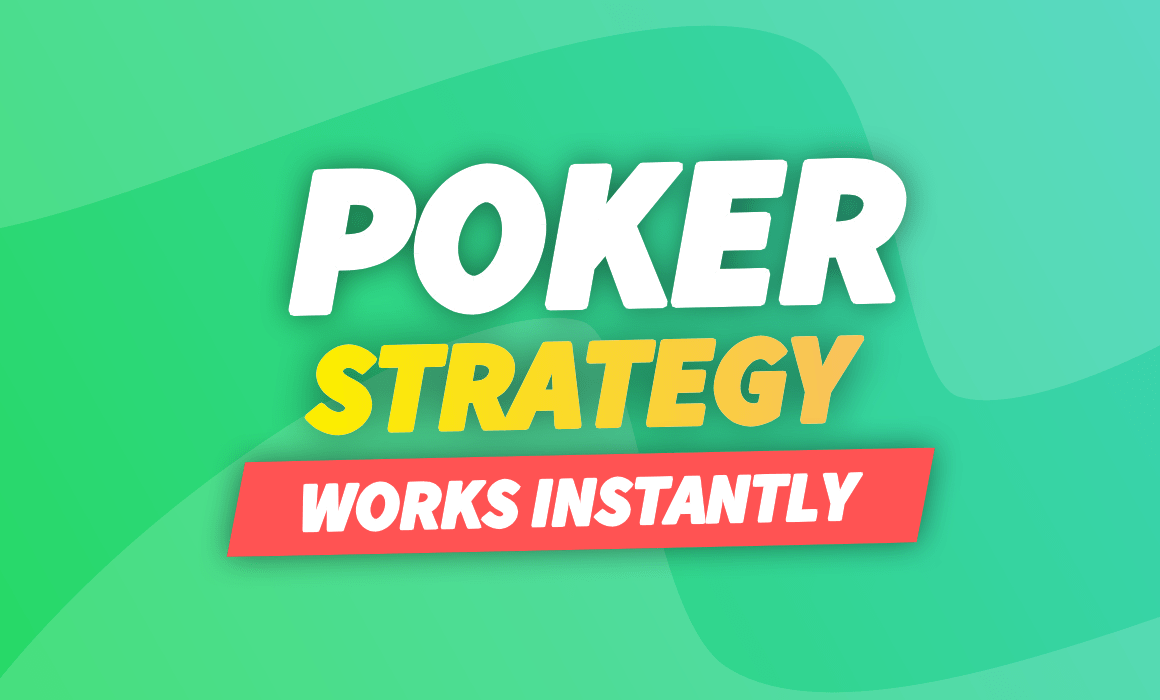Top 5 Poker Beginner Mistakes
I see a lot of new players make the same poker beginner mistakes.
Poker is an awesome game, easy to learn but hard to master. However, knowing these 5 poker beginner mistakes will instantly make you better at poker and separate you from the other poker beginners.
So let’s get into it.
Common Poker Beginner Mistakes
All beginning is hard, and poker is no exception. But in my years of teaching friends and family to play poker, I’ve seen how 5 beginner mistakes seem to repeat for everyone.
And I was certainly guilty of these mistakes myself when first starting to play poker.
Luckily though, they are super quick to fix once you understand the basic aspects of poker strategy.
1) Seeing too many flops
The most common beginner mistake in poker is to see too many flops.
This basically means that you play too many of the hands you’re dealt.
The first decision you make after getting your cards is the most important one; are these cards you want to play or is it best to just fold them without getting invested.
Most poker beginners are too restless and curious to see what the flop will make of their hand. They just want to take part in as much action as possible. A loose playing style.
But actually, most poker pros have a very tight playing style and play only very few of the hands they’re dealt. Mathematically, there is no reason to bet chips on a bad hand, in the hopes that the community cards will turn it into something.
Unless, of course, you’re trying to bluff. But you really shouldn’t bluff a lot – more on that later.
Take a minute to familiarize yourself with what cards to play and what to throw away – what we call ‘ranges’. I’ve made a 3 minute video that explains the concept with lots of visual examples.
The lesson here is simple:
Stick to playing mostly good hands – don’t waste money chasing a lucky punch.
2) Bluffing against too many players
Ah, yes, bluffing. Perhaps the most recognizable and well known aspect of poker strategy.
And it is a great tool. But TV and movies make it seem like every hand is a huge bluff.
In reality, good poker players don’t bluff a lot – and you shouldn’t either.
It’s fun, it’s exciting and it gives a great rush to trick someone into folding an otherwise superior hand.
But you have to be smart about it.
Again, I’ve made a short video telling you everything you need to know here.
The main factor when deciding when to bet is not your cards but the amount of players you are bluffing against. It’s a lot easier to fool one player, than a whole table.
And if you’re bluffing against a whole group of players, chances are that at least one of them has something good enough for them to call anything.
And the last thing you want to do is get caught bluffing.
The key take away:
Limit your bluffing to when you’re up against one or two players.
3) Playing against the big boys & girls
Right when you start off, you just want to play a lot of poker. And so you drive down to the local casino or go online to sit at a digital poker table. But I’d advise against this.
Getting absolutely schooled by some poker sharks won’t do you much good.
When first starting out I would recommend playing with just friends and family.
And stay away from big money games. You need to be able to make mistakes without losing your life savings along the way.
Luckily, our free EasyPoker app makes it super easy to play an authentic game of live poker with friends – anytime, anywhere.
It works as a digital version of a physical poker set and the app takes care of everything. All you have to do is play your cards and focus on learning.
The key take away:
Download EasyPoker to play poker with friends.
No – just kidding. But make sure the opponents you play are at your level or willing to teach you their skills. And stay away from big money games at first.
4) Not knowing the the fundamentals
A lot of new players don’t know the fundamentals of poker – and I get it.
It can seem kind of daunting. But, you really only need to scratch the surface here, guys and girls. No need to run out and buy thick old books or pay for online courses.
Having just a loose understanding of poker strategy like hand rankings, bet sizing and playing in position will instantly elevate your game and put you miles ahead.
Lucky for you, I’ve gone ahead and created a playlist of easy-to-understand videos telling you everything you need to know in less than 25 minutes. And with a ton of great visual examples. You can find it here.
The key take away:
Familiarising yourself with just the basics of poker strategy will make a huge difference and put you miles ahead.
5) Limping
This is perhaps the most common of poker beginner mistakes – and something all skilled poker players look for. At its core, poker is a game in which you bet on whether the cards you’re holding are better than everyone else’s. So it’s about confidence.
Therefore, it’s best to either bet or fold – calling and checking isn’t advised.
Trying to just ‘limp’ your way into seeing more community cards is seen as a sign of weakness – as if you need something from the board to make your hand good.
Players holding good cards will see that, and immediately think that you’re grasping for straws. Especially if you revert to just checking and calling on the turn after betting on the flop – they’ll know you are bluffing.
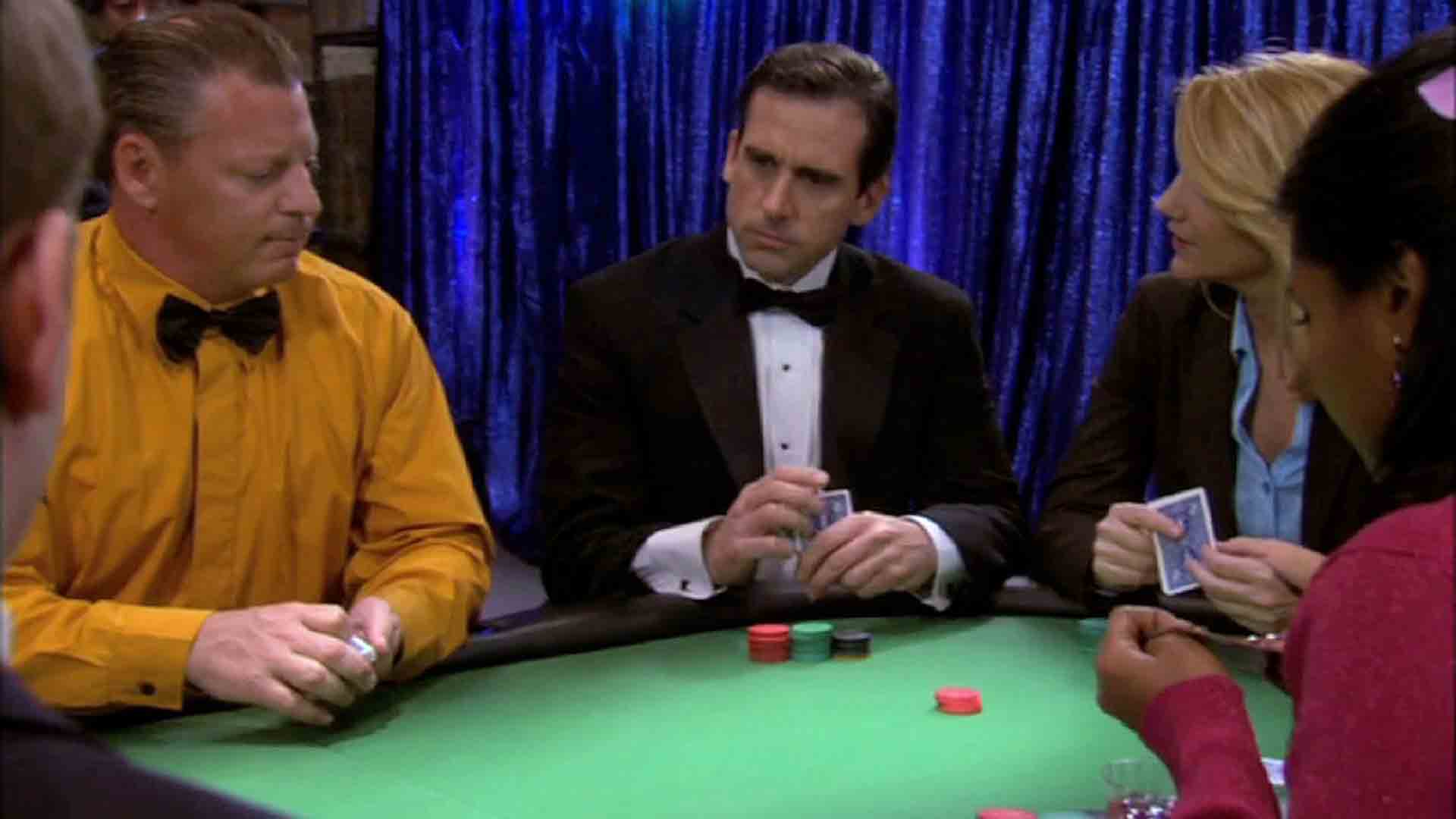
You have to play with conviction – and try to avoid hands where you have to make a huge bluff to ride home your terrible hand.
The key take away:
If you have good cards; bet/raise.
If you have bad cards; fold.
Don’t limp.
More content on poker beginner mistakes
We’re building a vast library of poker tips and tricks for players of all stages.
If you’re new to poker and want to get better I recommend diving into one of these two.



